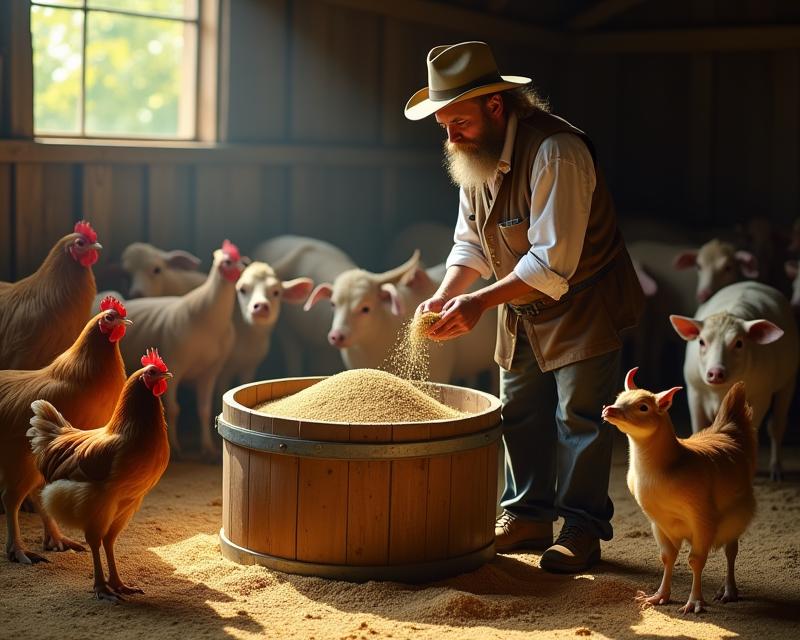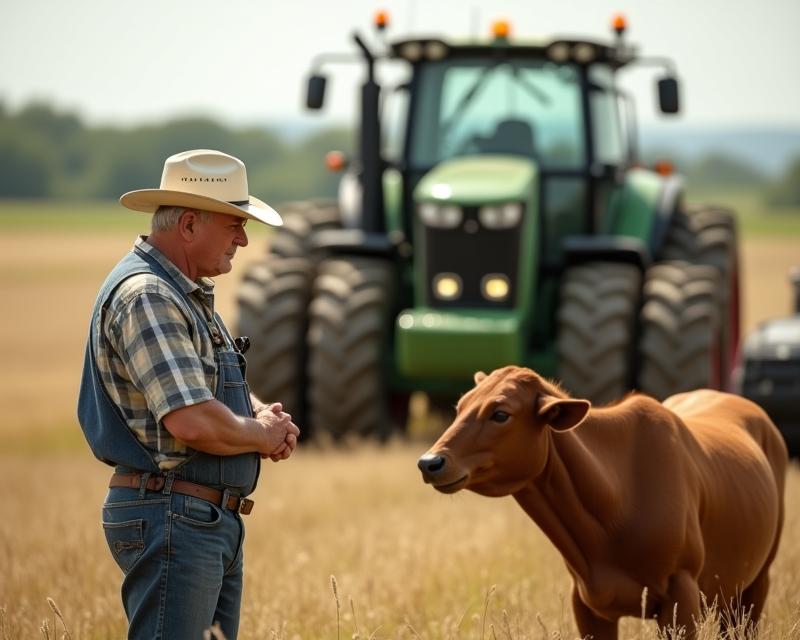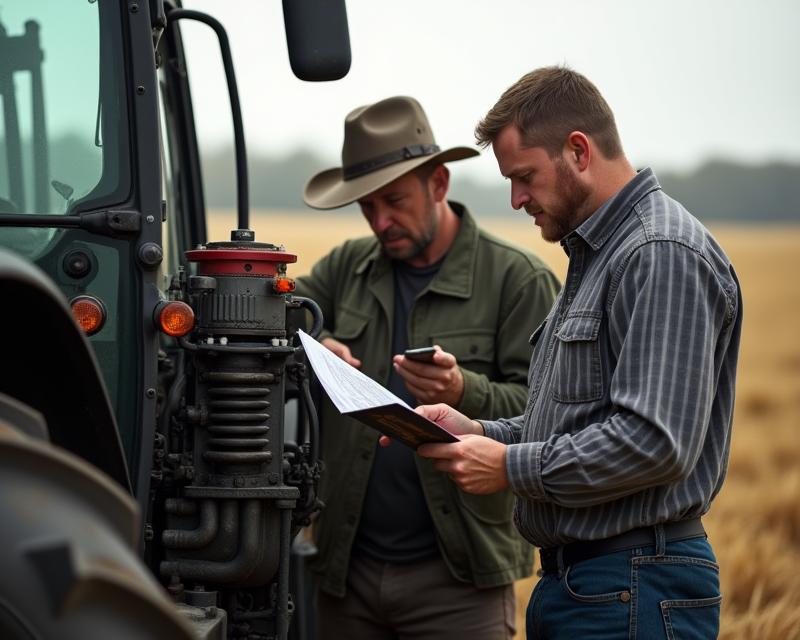Plow Power: Choosing the Right Plow
Publish in Farm Business el 28/06/2025 22:24
Plow Power: Choosing the Right Plow
Choosing the right plow is a critical decision for any farmer. It's the foundation of soil preparation, impacting everything from seed germination to overall crop yield. But with so many types available – moldboard, disc, chisel – how do you select the best one for your farm and soil type? This article breaks down the key considerations to help you make an informed investment.

Understanding Your Soil
The most important factor in plow selection is your soil type. Different plows excel in different conditions. Clay soils, for example, require heavier plows with strong blades to break through the dense, compacted layers. Sandy soils are easier to work, and lighter plows can be sufficient. Loamy soils offer a good balance and are suitable for a wider range of plow types. Consider the soil's moisture content as well. Dry soil is harder to plow than moist soil, influencing the plow's draft requirements.
Plow Types: A Closer Look
Moldboard plows are the most traditional type, known for their ability to turn and bury crop residue, improving soil temperature and weed control. They are effective in a variety of soil types, but can leave the soil susceptible to erosion if not managed properly. Disc plows are better suited for breaking up clods and are often preferred in soils with high organic matter. They are less effective at burying residue. Chisel plows are designed for shallow soil loosening and are ideal for controlling subsoil compaction without inverting the soil. They are often used in conservation tillage systems.
Factors to Consider
Beyond soil type, consider your farm size, the type of crops you grow, and your budget. Larger farms may benefit from larger, more powerful plows. If you're practicing conservation tillage, a chisel plow or disc plow might be a better choice than a moldboard plow. Don't forget to factor in the cost of operation – heavier plows require more fuel and horsepower. Consult with local agricultural experts and equipment dealers to get personalized recommendations based on your specific needs. Proper plow maintenance is also crucial for longevity and optimal performance. Regular sharpening and blade adjustments will ensure your plow continues to deliver reliable results for years to come.
- Consider soil type and moisture content.
- Evaluate the pros and cons of moldboard, disc, and chisel plows.
- Factor in farm size, crop type, and budget.
- Prioritize regular maintenance.





